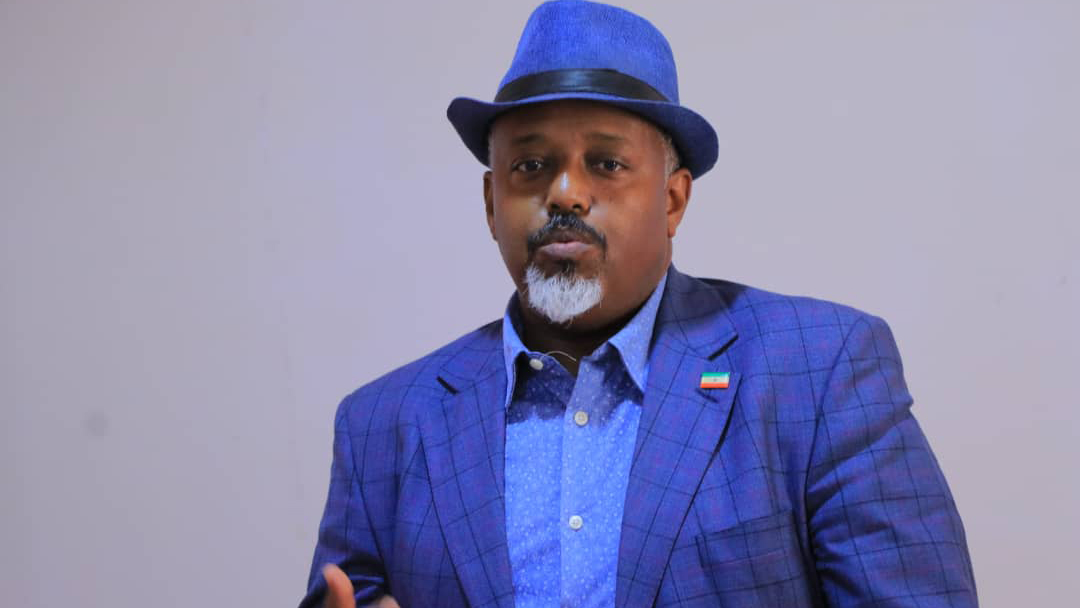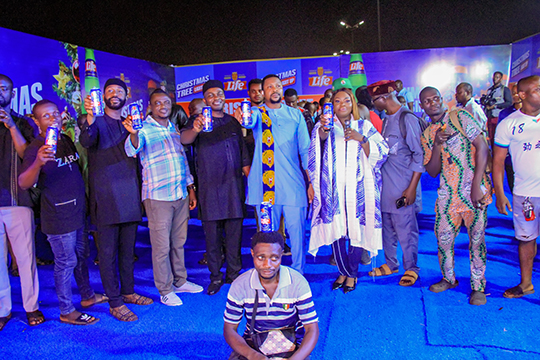For over a century, Enugu has remained the most important city in the Southeast of Nigeria since it came to prominence with the discovery and subsequent mining of coal: It was the headquarters of the Southern Province, political capital of Eastern Nigeria, and also served as capital of the secessionist state of Biafra (1967-1970) and later East Central State, then Anambra State and currently Enugu State.
Enugu boasts a deep-rooted cultural heritage grounded in Igbo traditions and customs and investing in cultural centres, museums, and traditional arts workshops.
It also has a rich literary tradition rooted in its Igbo heritage. In fact, the city is a hub for literary activities, including festivals and literary societies that promote Igbo language and culture.
It has always been a place where millions of stories are born. The state’s picturesque landscapes, characterised by rolling hills, lush forests, and serene waterfalls, provide not only an ideal setting for tourism, but themes for literary excursus.
Across generations, its rolling hills, rich history, vibrant culture, and rhythm have shaped not only identities and creativity but also lives that continue to enrich the world.
Beginning from the postcolonial epoch of the 1960s, through the post-war period of the 1970s to the 1980s-1990s, Enugu was a melting pot for artists, writers, poets, dramatists, spoken word artistes, lovers of the written word.
Apart from the Eastern Nigeria Festival of the Arts that had been an important yearly creative programme organised by government in Enugu, which included visual art competitions and exhibitions by school pupils and students from mostly post primary schools. The interdisciplinary nature of the festival emphasised the oneness of music, theatre and the visual arts.
The most important professional exhibitions that held in Enugu began in 1963 at the Mbari Art Centre (the physical structure hosting activities of the Mbari Artists and Writers Club) located on Agbani Road.
The Mbari Artists and Writers Club was inaugurated in March 1963 by the former governor of Eastern Nigeria, Dr. Akanu Ibiam, and was composed of members of the Eastern Nigeria Theatre Group. Beside the Mbari Artists and Writers Club, Enugu, the British Council also ran a well-structured art programme, which supported art and promoted artist in Enugu.
The post-independence euphoria was still very strong till the 90s, before they began to wane. To re-imagine Enugu in the minds of the literati, the Enugu State Council for Arts & Culture has announced the maiden edition of its literary anthology, Harmattan on Rolling Hills: An Anthology of Writings Inspired by Enugu. The call for submission opened on April 23, 2025 and deadline for submission is July 23, 2025.
This collection will feature fictional works by a new generation of writers, capturing the lifestyle, culture, myths, and urban legends that make Enugu unforgettable.
In a statement by the initiators, Enugu State Council for Arts and Culture, “this anthology positions a city, not merely as a backdrop, but as the beating heart of its fiction. Through compelling storytelling, we seek to celebrate and cement Enugu’s identity in public consciousness and showcase its significance as a cradle of creativity.
“This landmark anthology will be pitched for academic inclusion and literary recognition, and contributors will be paid a stipend and receive a copy of the published book.”
The editor of the anthology, Ms Adachukwu Onwudiwe, said: “We’re looking for stories that celebrate Enugu’s resilience, uniqueness, and beauty, told in a way that feels honest and grounded. This is not about romanticising the city or overlooking its challenges, but about capturing its true essence with authenticity. We want voices that ring true, characters that feel deeply rooted in the local experience and narratives that echo the spirit and soul of Enugu.”
The anthology is open to Nigerians (home and abroad) and non-Nigerians with ties to Enugu, who are 18 years and above. “Our goal is to create space for authentic stories that reflect genuine experience or affection for Enugu, no matter where you’re from,” she said.
Fictitious stories inspired by the city of Enugu should include — its culture, people, lifestyle, legends, or landscape.
According to the editor, word count: should be between 1,500 and 3,000 words with language being English to be submitted in Microsoft Word (.doc or .docx). Font is Times New Roman, Size 11, double-spaced.
Selected contributors will be financially compensated for their work. Each writer whose story is accepted for the anthology will receive: A stipend (cash payment) – This will be paid in Naira.
A complimentary print copy of the published anthology, Harmattan on Rolling Hills, will be given as a token of appreciation and a record of their contribution.
Submissions will be evaluated on: adherence to theme – in other words, does Enugu breathe in your story? Fresh Perspective – Does your angle surprise us? Originality – No clichés or recycled tropes. “We want just your voice. Grammar and diction – clean, powerful prose matters,” Onwudiwe noted.
Writers are not allowed to submit multiple stories; they must not have previously published the submitted work in any form—print or digital. They are also not allowed to submit stories written by someone else and work should not be written with any AI tool/software.
The council also said stories without titles or names of writers on the MS word document would be disqualified. By submitting, authors agree to grant Enugu State Council for Arts & Culture non-exclusive right to license, publish, reproduce, and distribute the story in any form (print, digital, promotional) as part of the anthology project.
According to Laurence Ani, Executive Secretary of the Enugu State Council for Arts & Culture, Harmattan on Rolling Hills is part of efforts to unlock the Enugu tourism space and bring back its status as premier destination for tourism and the arts.
“Books, especially those that chronicle places and their peculiar identities, remain potent medium for imprinting cities on public consciousness,” Ani, a former editor at ThisDay, noted.
By maintaining the culture of intellectualisation, the centre is promoting the emergence of writers who will create images of long, enduring lost Enugu.
Currently, to cater for diverse tourists, the state is host to some arts, cultural and creative events such as Coal City Film Festival, which celebrates the originality of African cinematic expressions in the city that arguably gave birth to Nollywood as it is known today.
The state has played an integral role in hosting early filmmakers and provided locations in the beginning days of the largest film industry in Africa and has continued to do so; what other way to pay the state back, than assembling filmmakers from all over the world annually to this tourist city with so much historical and archeological significance to Nigeria and Africa as a whole.
CCFF, a yearly festival, features activities that foster an appreciation of the art of film as well as educate local and regional filmmakers, students of film, the broader arts community, and the general public. It’s an opportunity for independent filmmakers and the art community at large to celebrate the beauty of the art of cinema.
The largest and longest-running yearly art festival in Nigeria, Life In My City Arts Festival (LIMCAF) commenced in 2007 to encourage artistic creativity through empowering aspiring young artists, male and female including persons living with disability not older than 35 years.
The festival aims to promote artistic innovation, environmental awareness, and social commentary, while providing a platform for young artists to express their lived experiences in Nigeria and on the global stage.
Each year, the festival receives over 600 entries from more than 11 regional centers, including Enugu, Lagos, Abuja, Anambra, Jos, Kaduna, Ibadan, Calabar, Uyo, and Port Harcourt. Works are assessed by a panel of judges, who select finalists to be featured at the annual finale that takes place every October at the International Conference Center, IMT, Enugu.
LIMCAF has been a special purpose vehicle for discovering young artists and a springboard into professionalism, while providing a platform for advocacy of social issues such as gender equity and domestic violence.
Over the years, it has been a platform for discovering young artists and a springboard into professionalism, promoting advocacy for social issues such as gender equity and domestic violence.
Enugu State is also on the verge of establishing a state-owned museum, which would be one of few such facilities in the country.






